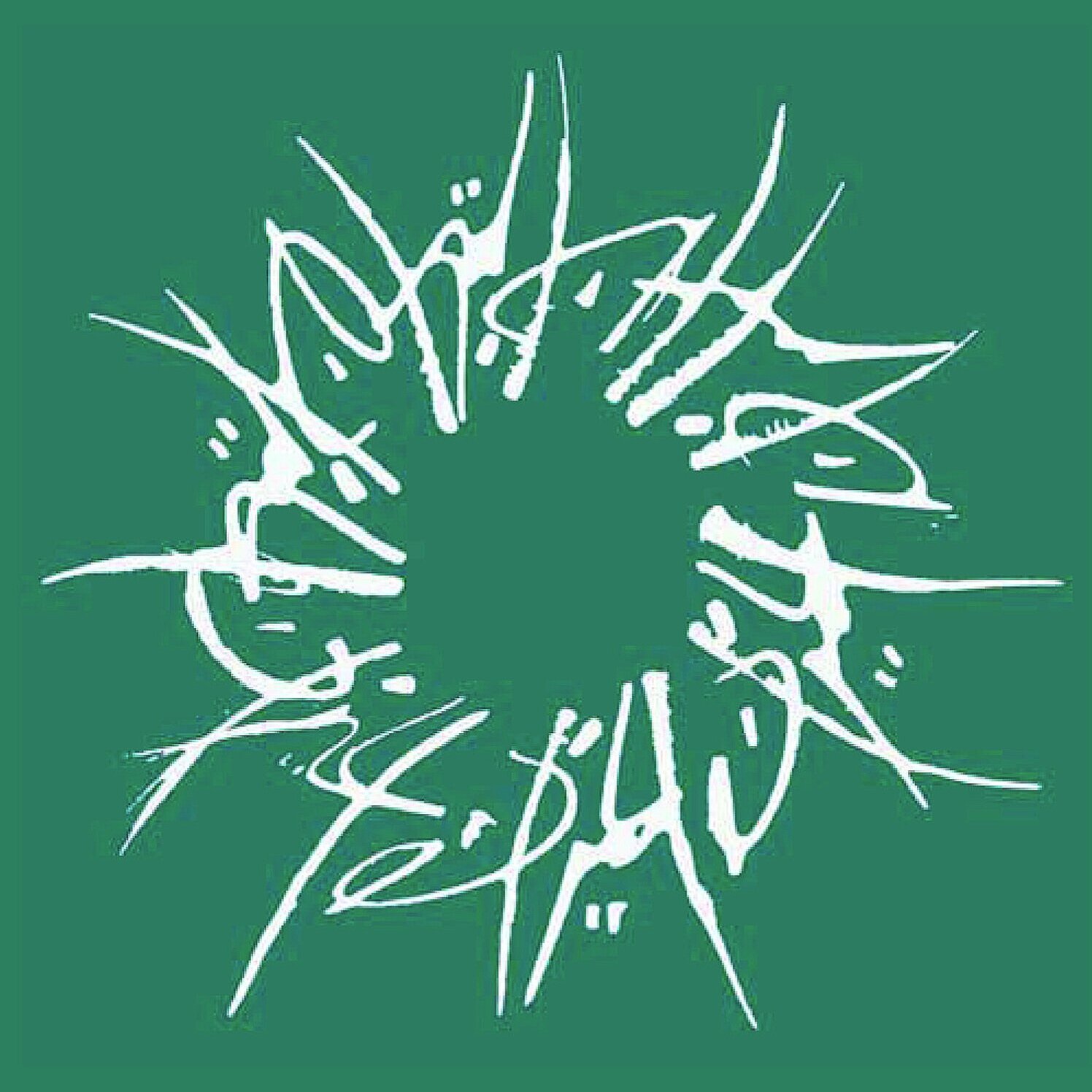The Intensive verb form, also called the “D-stem”, correlates to the D-stem in Aramaic (קִטֵּל), the Pi’el in Hebrew (פִעֵל) and the Form-II in Arabic (فعّل). It’s characterized by a doubling of the second radical in the root. Unlike these other scripts however, the Ethiopic script does not mark doubled sound (with a dagesh or shadda) which can cause some ambiguity. The intensive form of the verb typically denotes some kind of intensity, but this is not always the case. For example, the simple verb ቀተለ (qetele) means "to kill" -- the intensive form, ቀተለ (qettele), means "to annihilate, to kill off completely" etc.
ገሠጸ [geššeşe = to teach] – D-stem, Perfect
SINGULAR | PLURAL | |||||
1st Person | ገሠጽኩ | geššeşku | ገሠጽነ | geššeşne | ||
2nd Person | ገሠጽከ | geššeşke (m.) | ገሠጽክሙ | geššeşkəmu (m.) | ||
ገሠጽኪ | geššeşki (f.) | ገሠጽክን | geššeşkən (f.) | |||
3rd Person | ገሠጸ | geššeşe(m.) | ገሠጹ | geššeşu (m.) | ||
ገሠጸት | geššeşet(f.) | ገሠጻ | geššeşa (f.) | |||
Here’s a list of some oft-appearing D-stem verbs to get started with. From now on, I’ll put [D] next to new verbs that occur in this stem.
ነጸረ | neşşere | to look, to watch | ነጸርኩ፡ሀገረ፡እምዲበ፡ድብር። I looked at the city from the hill. |
ነስሐ | nesseḥe | to repent | ነሰሐ፡እምነ፡ኀጢአቱ። He repented for his sin. |
ፈነወ | fennewe | to send | ፈነወት፡ንግሥትነ፡ማየ፡ለአግበርታ። Our queen sent the water to her servants. |
ሀለወ | hellewe | to exist | ሀለወት፡ሀገር፡ህየ። There was a town here. |
ጸውዐ | şewwəºe | to call, to proclaim | ጸውዑ፡ሰብአ፡ደቂቆሙ። The men called their children. |
